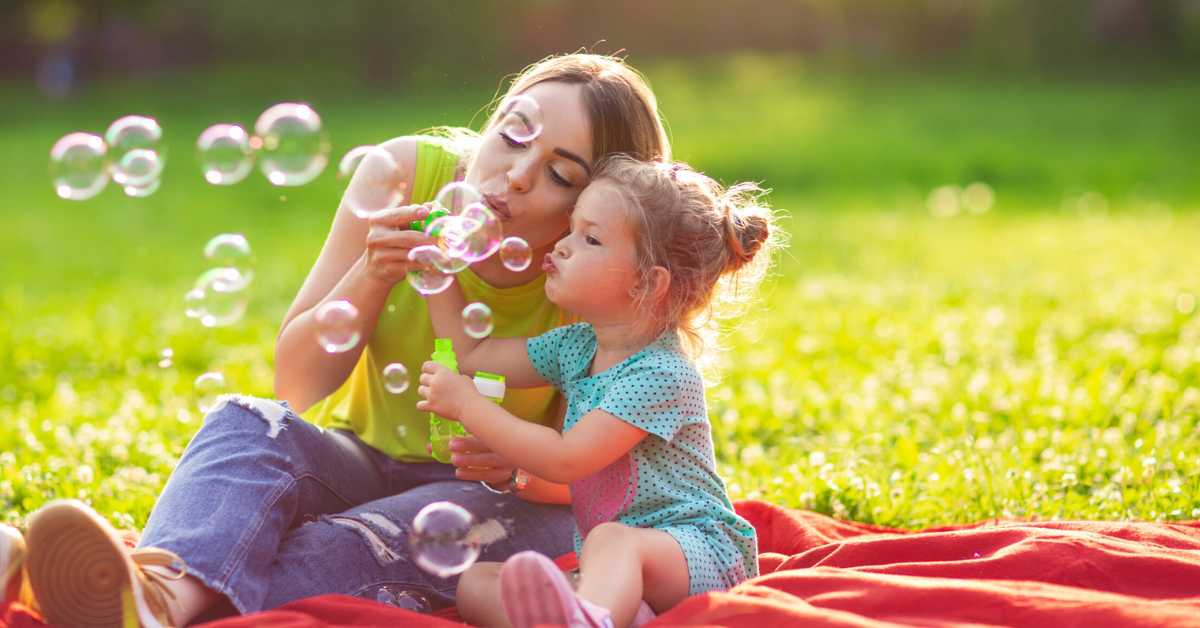Community Connections in Summer: Social Activities That Build Independence
Summer represents a season of endless possibilities and countless opportunities for children to explore, learn, and grow. For children with developmental disabilities, summertime offers unique opportunities to build essential life skills while forming meaningful connections within their communities. At the Trudeau Center, we recognize that independence isn’t just about mastering individual tasks, it’s about developing the confidence and social skills necessary to participate fully in community life.
When children with differing abilities participate in community activities, they’re building communication skills, learning social expectations, developing problem-solving abilities, and gaining confidence in navigating new environments. These experiences create a foundation for lifelong independence and community participation.
“Summer activities provide natural learning ‘laboratories’ where children can practice skills in real-world settings,” explains Dr. Andre Bessette, Vice President of Children’s Services at the Trudeau Center. “Whether it’s ordering ice cream at a local shop, participating in a community sports program, or joining a library reading group, each interaction builds social competence and self-confidence. These seemingly simple activities are actually powerful opportunities for developing the social and communication skills that support independence throughout life.”
Building Social Skills Through Community Engagement
Community-based summer activities offer children with developmental disabilities authentic opportunities to practice social skills in natural settings. Swimming programs at local pools teach children to follow safety rules while interacting with peers and instructors. Community sports leagues provide opportunities to learn teamwork and following directions. Art classes at recreation centers foster creative expression while building relationships with typically developing peers.
“The beauty of community-based learning lies in its authenticity,” said Jacqueline Ferreira, Director for Early Intervention at the Trudeau Center. “Children learn that the communication and social skills they practice in therapy sessions have real-world applications. They discover that making eye contact, using polite language, and taking turns aren’t just therapy goals—they’re the keys to successful community participation and meaningful friendships,”
Summer Adventures That Foster Independence
Independence develops through experience, and summer offers countless opportunities for children to practice decision-making, problem-solving, and self-advocacy skills. Visiting farmer’s markets teaches children to make purchasing decisions, interact with vendors, and handle money. Library summer reading programs encourage children to select books based on their interests and participate in group discussions. Community festivals provide opportunities to navigate crowds, make food choices, and engage with unfamiliar people in positive ways.
Creating Inclusive Summer Experiences
The most successful community activities are those that welcome children of all abilities and provide natural opportunities for inclusion. Adaptive recreation programs modify activities to ensure all children can participate meaningfully. Buddy systems pair children with developmental disabilities with typically developing peers, creating mutually beneficial relationships.
“When communities create truly inclusive summer programming, everyone benefits,” notes Ferreira. “Children with developmental disabilities gain confidence and social skills, while their typically developing peers learn acceptance, empathy, and the value of diversity. These early experiences of inclusion set the stage for lifelong community participation and meaningful relationships.”
Supporting Families in Community Participation
Families play a crucial role in facilitating community participation for children with developmental disabilities. Trudeau’s programs work closely with families to build confidence and provide strategies for successful community engagement. Early Intervention services include coaching parents on community participation strategies, while Home-based Children’s Services help families identify appropriate community activities and develop support plans.
Building Lasting Friendships and Independence
Perhaps the most valuable outcome of community-based summer activities is the development of genuine friendships. When children with developmental disabilities participate in community activities alongside their typically developing peers, natural friendships often develop based on shared interests and experiences. These friendships extend beyond structured activities, creating ongoing social connections that enrich children’s lives.
As we embrace the possibilities of summer, the Trudeau Center remains committed to supporting children with developmental disabilities and their families in building meaningful community connections. Through careful planning, appropriate support, and a focus on individual strengths and interests, every child can experience the joy and growth that comes from active community participation. These summer experiences don’t just create happy memories—they build the foundation for lifelong independence and community belonging.









